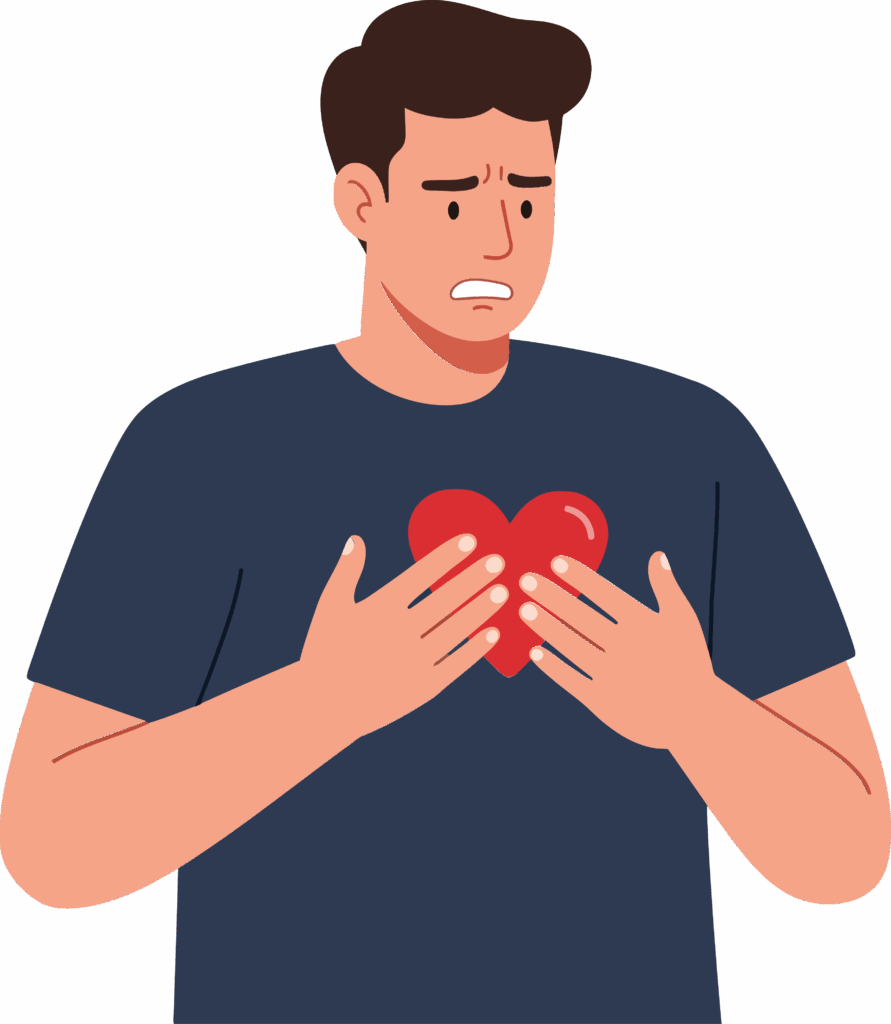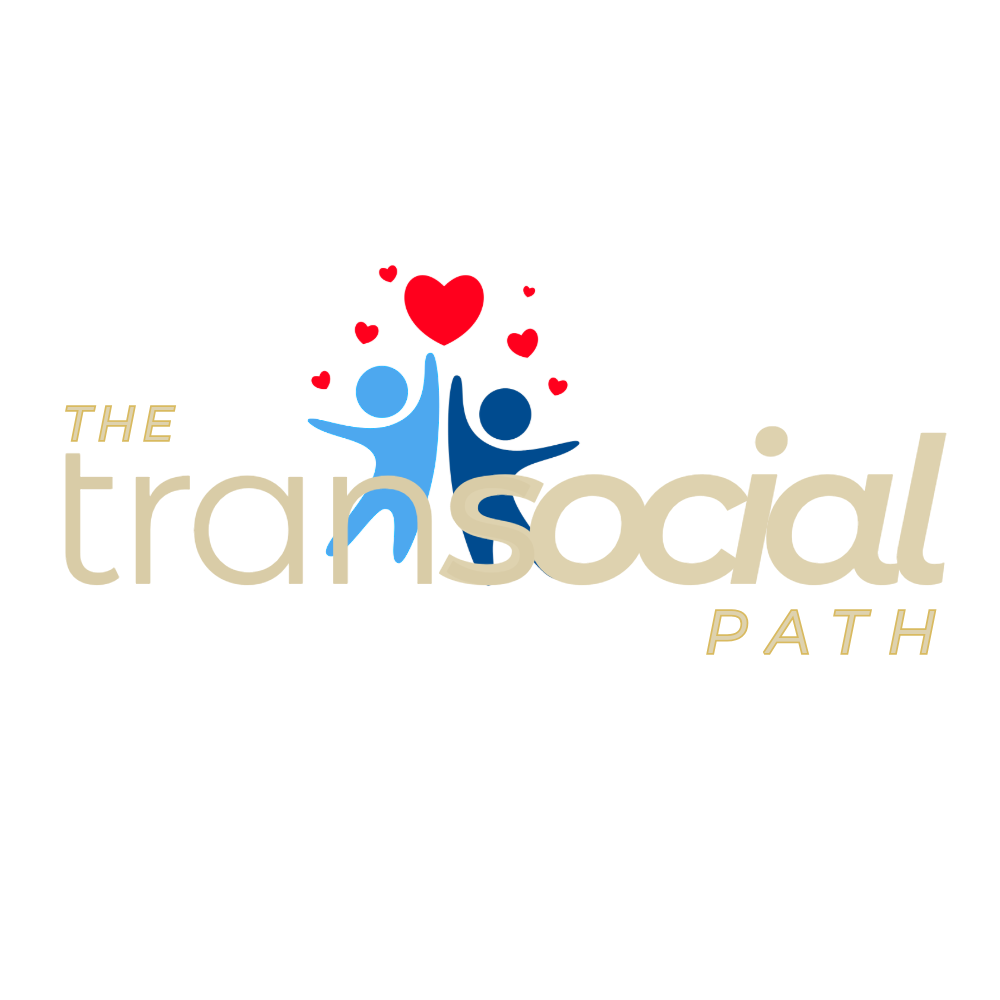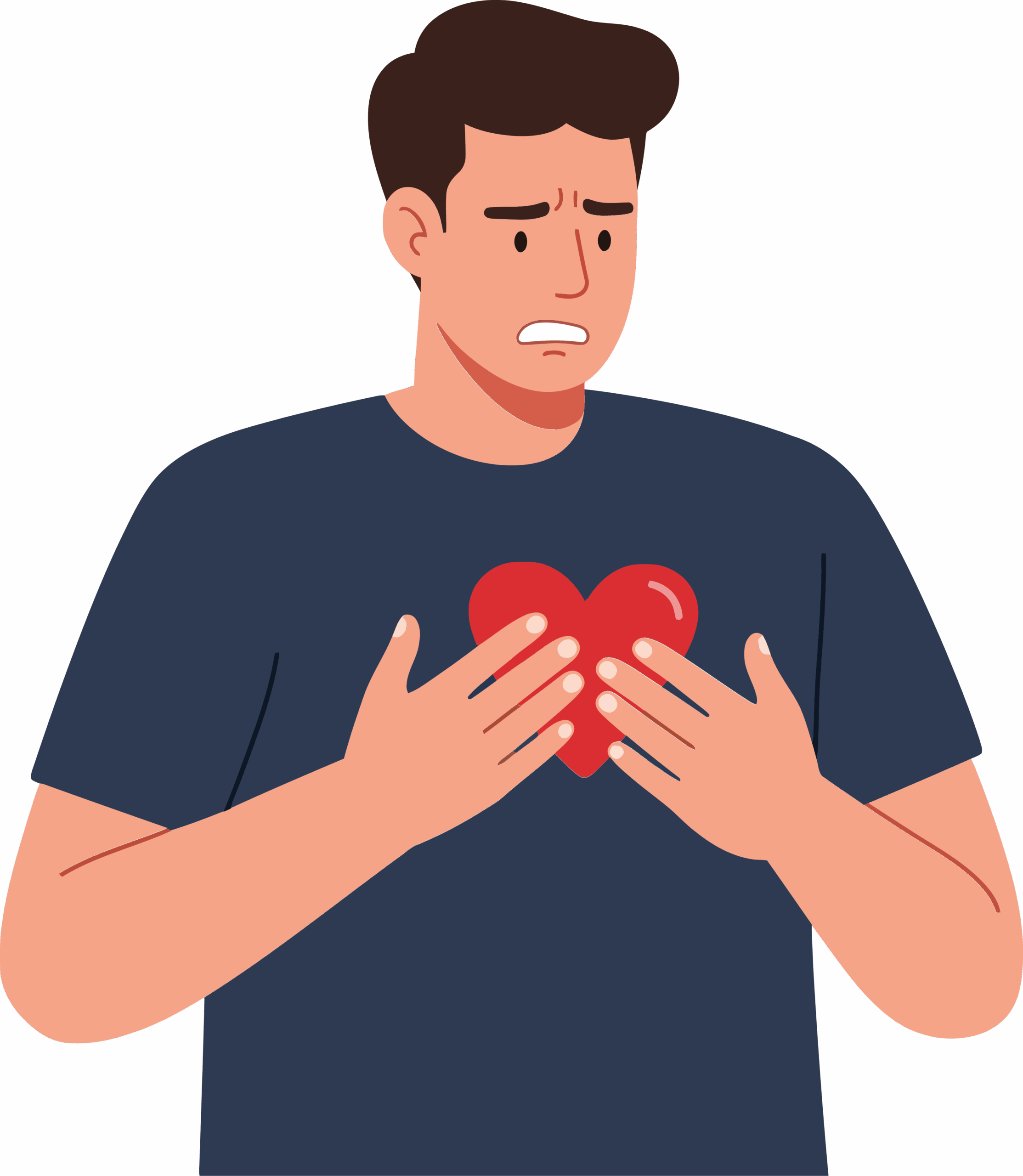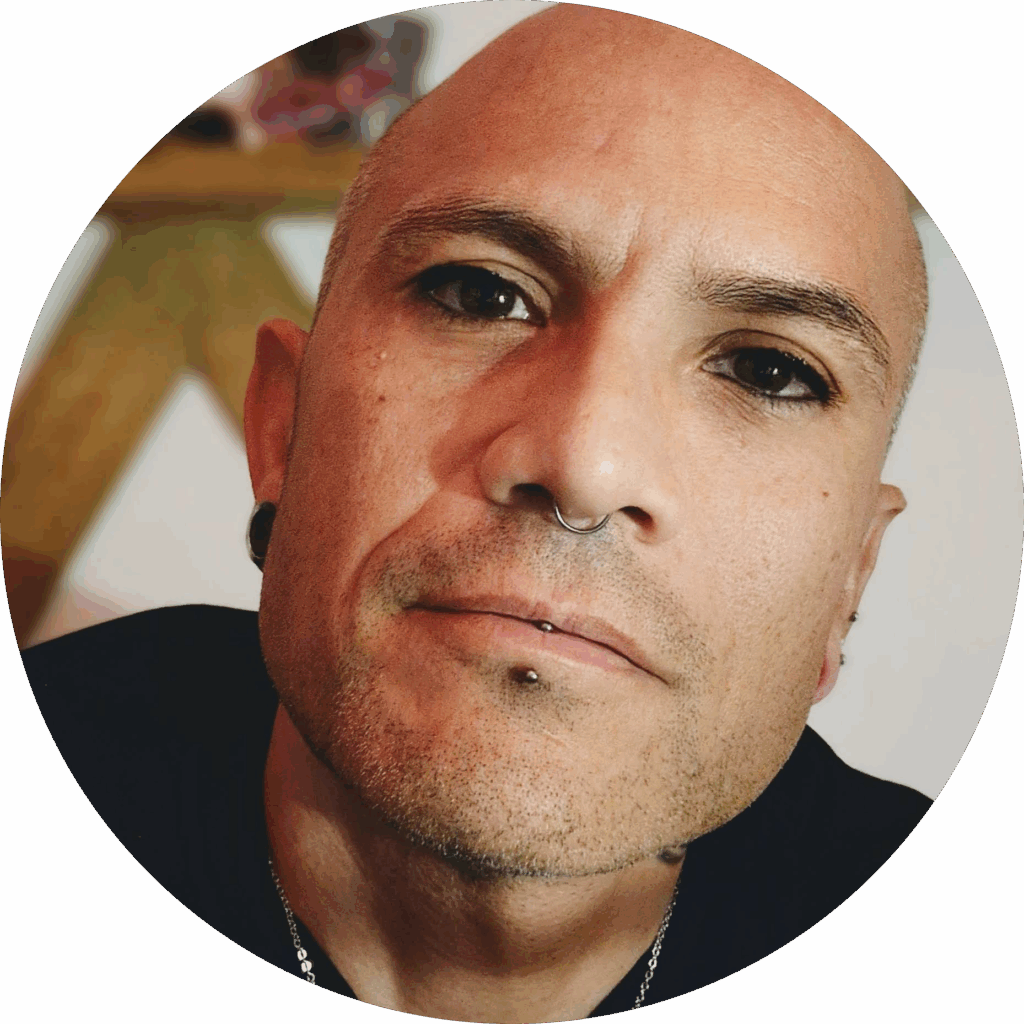What happens when authenticity becomes a reward instead of a way of being?
In most circles, including the fields of trauma healing, spirituality, psychology and sociology, we are taught to be emotionally vulnerable once we establish trust. And we establish trust by monitoring how other people show up according to our requirements and needs; it’s a very clear and pervasive architecture designed for our safety and wellbeing. Which is great, right? Everybody can breathe. Let’s break this down. Girl meets boy. Boy watches girl’s behaviour to scan for vital signs of safety. Girl earns points for good behaviour and earns boy’s trust. Only then does boy give girl his vulnerability. Fair trade? In this model, good behaviour = currency and vulnerability = commodity. If you trade someone’s behaviour for your authenticity, since vulnerability is synonymous with authenticity, who owns it?
You may be wondering what ‘good behaviour’ looks like and that’s a fair shout. Have you ever felt that tug in your belly when you do something, you behave in a way that protects the other person from feeling something uncomfortable but goes against who you are? It could be something simple like agreeing to see a film you absolutely do not want to see, but do so to save your partner from disappointment. It might be acting in accordance to how society tells you to act in order to gain a persons trust. And we’ve all experienced being on our ‘best behaviour’ when we meet someone new, right? If this is what true connection looks like, why does ‘good behaviour’ leave us feeling like we are walking on eggshells and where does our personal power belong? And who or what are we modifying our behaviour for?
You might be thinking I’m some sort of emotional anarchist and that’s ok. You and your opinions are very welcome here. I’m not saying the initial desire for safety and trust-building is inherently wrong. The issue lies in how that safety is cultivated and maintained. And trust? That’s a whole other post. What I will say is this: trust has widely become a manipulation tool used for control and freedom from our fears.

Getting back to our story. Boy and girl are getting along great. Girl is behaving as required. Boy has complete trust in her [behaviour]. Boy shows up vulnerably and girl does the same. Their connection blossoms and they get married. After a while, girl gets a little tired. She begins to feel lost. Maybe she questions her life choices. Or maybe she just alters her life path.
As a result, girl changes. Boy notices this and begins to close the door to his vulnerability because it reminds him of what happened with his ex. Or his caregiver when he was a younger boy and he just wants to feel safe again. Girl feels him withdrawing and grows fearful. The tension begins to build. At first, in silence, then in small fights that neither of them fully understand. Fights escalate into disconnection. Maybe one of them, or both, seek comfort and connection elsewhere. Maybe boy gets resentful at being hurt by girl since, after all, he trusted in her [behaviour] and opened his heart. Girl feels guilty for boy’s pain and abandons her new path. Boy feels safe again. Maybe not at first. But once girl has re-proven herself [behaviour] he relaxes back into ‘safety’. Boy and girl live an inauthentic and mediocre life and feel powerless to one another but at least they are still ‘connected’. The end. Or at least until divorce when the cycle can then repeat itself with someone new.
It’s understandable why this architecture is so pervasive in the current emotional climate. There are so many fearful aspects to life: past trauma, societal conditioning, fear of loss of connection, attachment wounds. I could go on for hours. But are we not just feeding the beast of fear by demanding trust before we allow ourselves to be vulnerable and live authentically? And what message does this give the person we are ‘trusting’ when our authenticity is so conditional?
I wonder how it might feel to be vulnerable without the watchful eye of our past pain? What if our unshakable power could only be found within the rawness of the vulnerability we offer, before we trade it for someone else’s good behaviour? When was the last time you felt a sense of belonging without dependency? If trust could only be built after being vulnerable, would you still want to connect with others? And if not, what does that tell you?
In my personal journey I have begun to walk a path of self-led ownership of my emotional landscape. My vulnerability, the garden of my authenticity, is mine to own, maintain and mine to share with others; if you trample on my flowers, I tend to the mess without blame or resentment because I chose to open the gate. It wasn’t opened by your behaviour. It was opened because I enjoy being authentic. Was it scary to embody my vulnerability without demanding trust as a trade-off? Yes it most definitely was that. Isn’t this the very essence of what it means to be vulnerable? Isn’t this where true safety is born? Trusting in myself to look after myself. It’s a bold step in a direction that has reignited the fire I will sit around for eternity – the fire being a metaphor for my consciousness (metaphor taken from a Ram Dass talk). As a result, my connections are becoming deeply authentic and intimate and free from the need for control, manipulation or dependency. I no longer exchange authenticity for the currency of someone else’s ‘good’ behaviour, and I’m learning to witness the behaviour of others instead of being hurt by it. I remain vulnerable because it’s who I am, not because it’s something you’ve earned. From this, there is a wholehearted freedom within my being and an unshakable power that burns in my chest.
I’ll leave you with this: What does emotional freedom and self-power look like when it’s not dependent on others?


